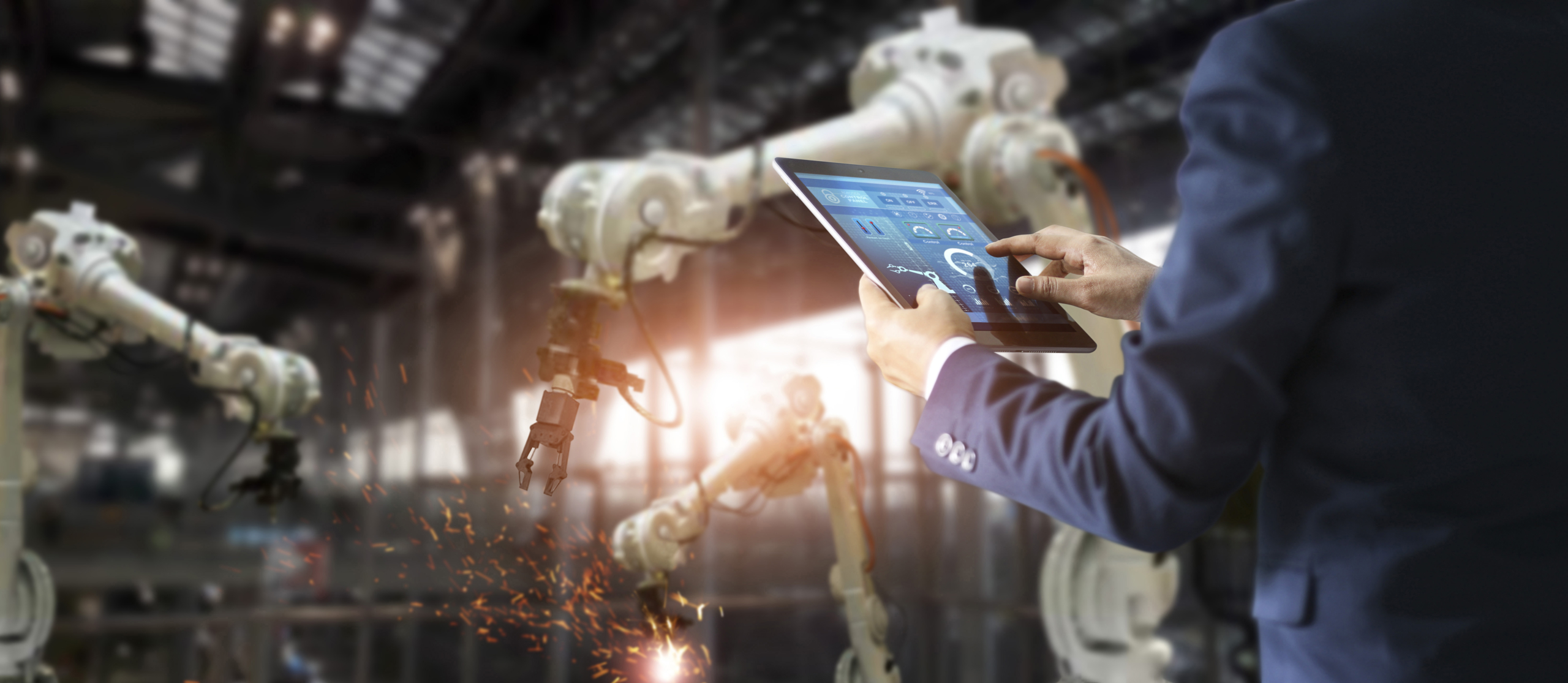Automation is revolutionizing the manufacturing industry. Robots and other automated technologies are being used to perform a wide range of tasks, from welding and painting to assembly and quality control. This is leading to increased productivity, improved quality, and reduced costs.
Here are some of the ways that automation is revolutionizing the manufacturing industry:
- Increased productivity: Automation can help to increase productivity by performing tasks more quickly and accurately than humans can. This can lead to faster production times and lower costs.
- Improved quality: Automation can help to improve quality by reducing the risk of human error. Robots and other automated machines can be programmed to perform tasks with a high degree of accuracy, which can lead to fewer defects and a better-quality product.
- Reduced costs: Automation can help to reduce costs by eliminating the need for manual labor. Robots and other automated machines can perform tasks that would otherwise be done by humans, which can lead to lower labor costs.
In addition to these benefits, automation can also help to improve safety, flexibility, and environmental sustainability. For example, robots can be used in hazardous environments where it would be unsafe for humans to work. Automation can also help manufacturers to quickly adapt to changes in demand or product specifications. And by reducing the need for energy and resources, automation can help manufacturers to reduce their environmental impact.
The adoption of automation in the manufacturing industry is still in its early stages, but it is growing rapidly. According to a report by the McKinsey Global Institute, the manufacturing industry could see up to $4 trillion in productivity gains by 2030 as a result of automation.
As automation continues to grow in the manufacturing industry, it is important for manufacturers to be prepared for the changes that it will bring. This includes investing in new technologies, training workers for new roles, and developing new strategies for business.
Here are some of the challenges that manufacturers face in adopting automation:
- Cost: The upfront cost of automation can be high, and it can take time for manufacturers to recoup their investment.
- Complexity: Automation can be complex to implement and manage. Manufacturers need to have the expertise and resources to successfully implement automation.
- Resistance to change: Some workers may resist the change to automation, fearing that they will lose their jobs. Manufacturers need to communicate effectively with workers about the benefits of automation and how it will impact their jobs.
Despite these challenges, automation is a powerful tool that can help manufacturers to improve their productivity, quality, and profitability. As the manufacturing industry continues to evolve, automation will become an increasingly important part of the manufacturing landscape.

